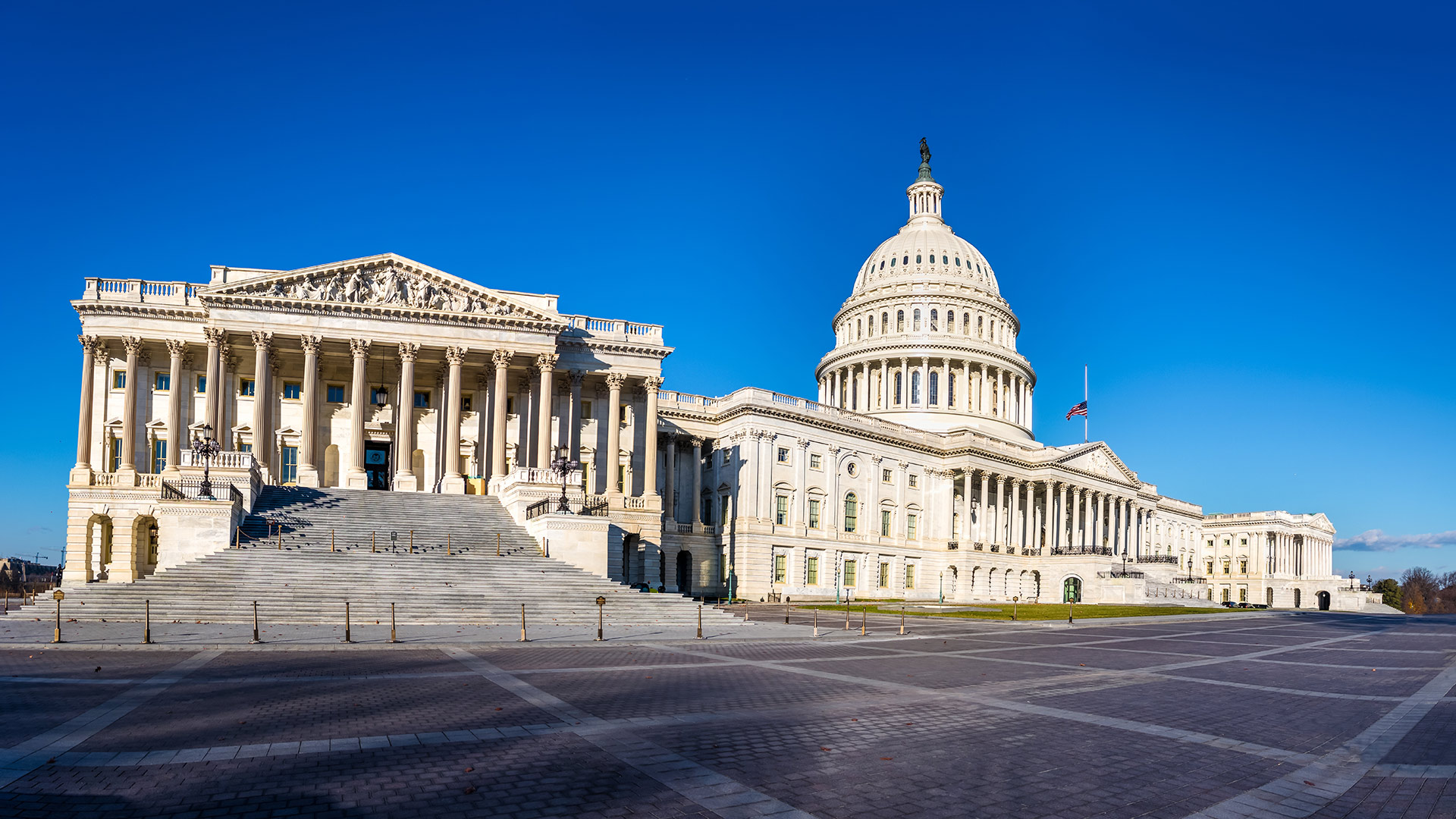Introduction
On March 15, 2022, President Biden signed the US$1.5 trillion omnibus spending bill into law, which included federal LIBOR legislation. The LIBOR legislation focuses on "tough legacy" contracts that do not contain adequate LIBOR fallback language. The legislation provides, by operation of law, a LIBOR replacement (SOFR) for these tough legacy contracts. The legislation also creates a safe harbor for eligible persons who select SOFR as a LIBOR replacement under existing contracts.
Federal LIBOR legislation summary
The House of Representatives passed the US$1.5 trillion omnibus spending bill on March 9, 2022, by a vote of 260 to 171. The Senate passed the bill the following day, on March 10, 2022, by a vote of 68 to 31. On March 15, 2022, President Biden signed the bill into law.
The federal LIBOR legislation aims to address the legal issues created by the cessation of London Interbank Offered Rate (LIBOR). Some have referred to the disappearing benchmark as "the world's most important number." At one point, it was estimated that there was over US$200 trillion worth of active LIBOR-based contracts. With the benchmark sunsetting, many market participants have gradually braced themselves for a world without LIBOR. Already, the administrator of LIBOR (the Intercontinental Exchange) has ceased publishing most LIBOR tenors. And the remaining USD LIBOR tenors (overnight, 1-, 3-, 6-, and 12 month) are scheduled to end on June 30, 2023.
The federal legislation targets the estimated US$15 trillion worth of existing "tough legacy" LIBOR contracts. A "tough legacy" contract is a contract that does not: (a) specify a replacement for LIBOR or (b) contain an adequate LIBOR replacement mechanism. These contracts create the specter of substantial litigation as they rely on a rate that will cease to be in existence after June 30, 2023. The federal legislation addresses this issue by permitting the Board of Governors of the Federal Reserve System to select a Secured Overnight Financing Rate (SOFR)-based replacement for LIBOR in tough legacy contracts, which will replace LIBOR by operation of law. In doing so, the federal legislation ensures that these tough legacy contracts will continue to have an applicable active rate.
In addition, the federal legislation also creates a "safe harbor" for eligible persons (with the ability to select a benchmark replacement under the terms of a contract) who select a SOFR-based LIBOR replacement. The bill's "safe harbor" states that no eligible person will be subject to legal liability arising out of their selection of a SOFR-based replacement for LIBOR. Likewise, the bill also insulates from legal liability eligible persons who implement contract "conforming changes" that are necessary to effectuate the transition away from LIBOR. An example of a protected "conforming change" would be replacing a contract's references to LIBOR with SOFR. A late change to the federal legislation also created a narrow safe harbor for banks that had previously selected a non-SOFR-based LIBOR replacement. The legislation specifies that no supervisory agency may take action against a bank solely because of its selection of a non-SOFR LIBOR replacement.
While earlier versions of the federal LIBOR legislation stated that modifications to contracts for the purposes of transitioning away from LIBOR would not constitute a taxable sale or exchange, the final passed version of the bill omitted such language. However, on January 4, 2022, the Internal Revenue Service issued final regulations regarding the LIBOR transition, "Guidance on the Transition from Interbank Offered Rates to Other Reference Rates" (Final Regulations; 87 FR 166). The Final Regulations indicated that a modification to an existing contract solely to replace LIBOR would not constitute a taxable event so long as certain government-recommended tenor-adjustment spreads were used. These government-recommended tenor-adjustment spreads seek to keep contracting parties in an equivalent economic position (i.e. the spreads ensure that neither party is unfairly benefited nor burdened by the replacement of LIBOR).
The signing of the federal legislation starts the timer for the Board of Governors of the Federal Reserve System, as the federal legislation directs them to promulgate regulations to carry out the bill's mandate within 180 days of the bill's enactment.
Conclusion
With this federal legislation, Congress seeks to avert a flood of litigation that could otherwise result from the disappearance of the most widely-used benchmark. By providing an automatic fallback from LIBOR in "tough legacy" contracts and a safe harbor to eligible persons who select SOFR as a LIBOR replacement, Congress has supplied much-needed legal certainty that is likely to diminish the amount of litigation associated with the cessation of LIBOR.
Special thanks to law clerk Jordan Asker, who works under the supervision of Patrick Dolan, for assisting in the preparation of this content.


